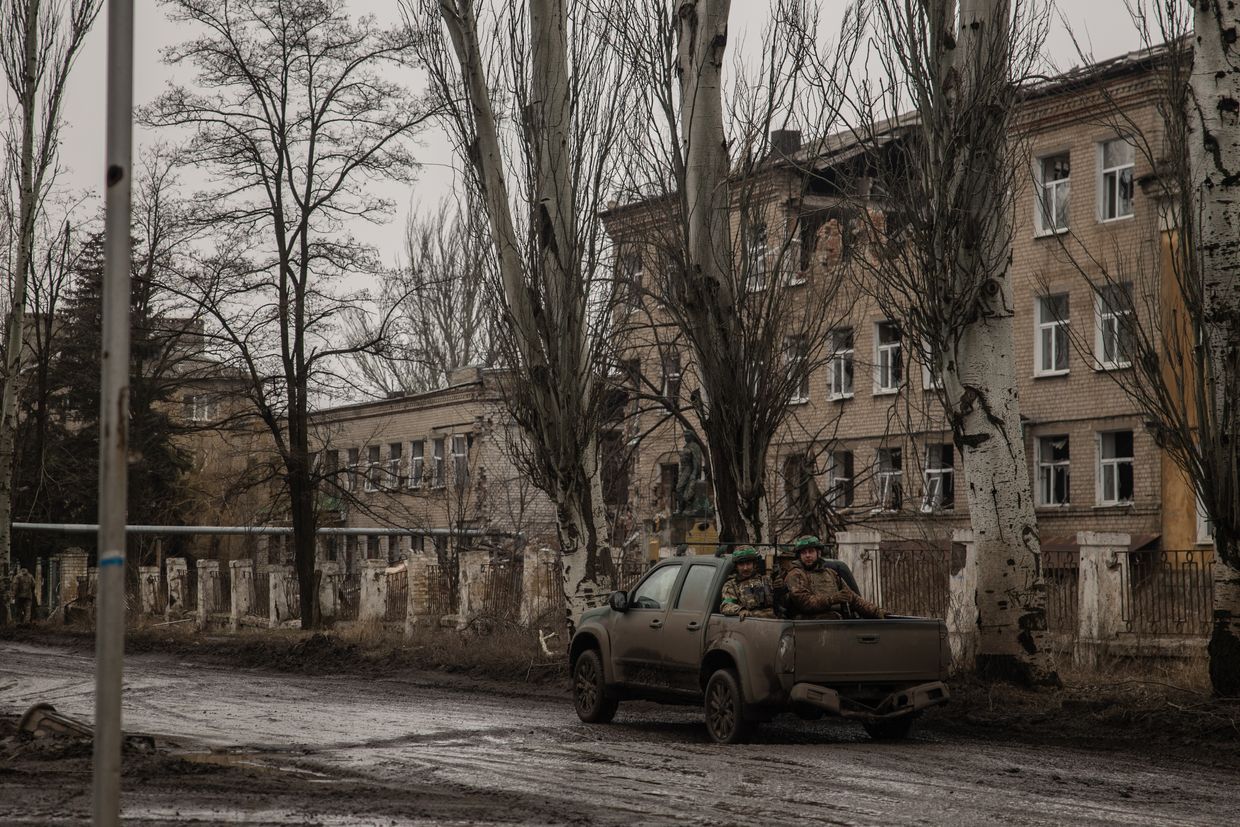14 brigades underarmed, aid arriving too slowly, Zelensky comments on battlefield situation.
Support independent journalism in Ukraine. Join us in this fight.
Become a member Support us just onceUkraine is grateful to Western partners for their support, but the pledged assistance is arriving too slowly, complicating the situation on the front lines, President Volodymyr Zelensky said in an interview with Bloomberg published on July 4. "We have 14 brigades who do not have the necessary weapons that have already been approved and discussed," Zelensky said. Washington, Kyiv's leading military donor, approved in April a long-expected £61-billion aid package after months of delays.
In spite of this, Russia has continued to pressure Ukraine along the front, launching a new offensive in Kharkiv Oblast and steadily pushing into a key town of Chasiv Yar in Donetsk Oblast. "The (assistance) packages should arrive, but they are coming slowly," the president said, adding, "We are grateful to Congress for its support." Zelensky said that, nonetheless, the situation cannot be described as a stalemate and that the current difficulties can be solved with appropriate tools, referring to foreign military aid.
The head of state said that, at the moment, it is not appropriate to talk about a Ukrainian counteroffensive as Kyiv must focus on protecting what it has. Any pushback against Russian forces will be possible once sufficient weapons arrive, he added. Ukraine's 2023 counteroffensive has achieved only minimal results, while the subsequent Russian push utilized the lull in U.S. aid and led to the capture of the key front-line town of Avdiivka.
Ukraine managed to halt the Russian push into the northern part of Kharkiv Oblast, but the situation in the east remains difficult.
Earlier on July 4, the military announced withdrawal from the Chasiv Yar's eastern neighborhood, Kanal.
Ukraine withdraws from eastern Chasiv Yar neighborhood, military says
The decision was made because defensive positions in the area were destroyed, and commanders agreed to withdraw to better-protected positions, said Nazar Voloshyn, the spokesperson for the Khortytsia group of forces
